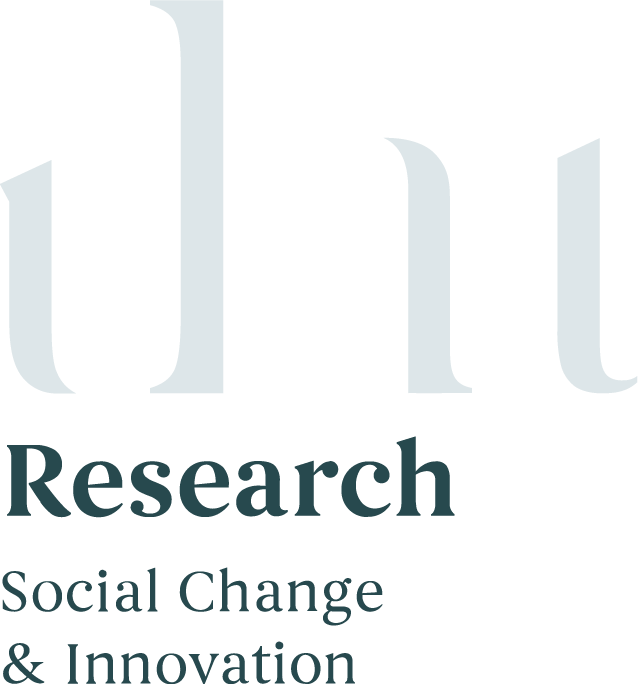Wave 7: Evaluation of Whānau Commissioning
Project Background
Te Pūtahitanga o Te Waipounamu capability development model intends to build the ability of whānau to respond positively to the challenges and opportunities within their lives. The purpose is to enable whānau to be self-reliant rather than depending on state intervention. The commissioning model is designed to be economically efficient and capable of generating long-term transformative change with a lower investment than traditional service delivery. The provision of services tends to produce few immediate outcomes and minimal long-term outcomes, while capability development produces comprehensive outcomes over a longer period of time.
Ten whānau initiatives were selected by Te Pūtahitanga o Te Waipounamu from the Wave 7 initiatives for an indepth case studies describing the impact of direct commissioning for whānau.
What we did
Existing monitoring data was collected and reviewed. Whānau across the ten case studies were interviewed to provide:
An opportunity for initiatives to clearly state their purpose, aspirations and contribution to the Whānau Ora outcomes
A space for reflection for whānau involved in the initiatives, either directly as architects or kaimahi, or as whānau who have contributed to the outcomes
An opportunity to discuss the role of cultural connection in their initiative and the contribution this has made to well being
An opportunity to involve whānau, staff and other key stakeholders in a whānau orientated way that reflected the values of Te Pūtahitanga and Whānau Ora
Outcome
An across analysis of the key learnings from the case studies indicated that initiatives were cognisant of the importance of rangatahi development as a means for sustainable activity. Cultural capital and connection is a feature of all initiatives. An analysis of sustainability activity has led to the development of a ‘Sustainability Workbook’ that identified seven key factors for sustainability;
Purpose and Mission
Leadership
Enterprise systems and processes
Continuous learning
Networking
Future funding and support
Demonstrating impact
All initiatives could identify outcomes for whānau, every initiative reported impact for whānau from whānau perspective.
Being responsive to whānau requires flexibility, several of the initiatives had to change their original planned activities to better meet the needs of their whānau.
“All I can really do is compare it to where I was at before coming here, and then coming here. It’s been a massive change. Before I was quite upset with where I was at with life … My mind wasn’t very good, and I guess just being able to come into this space now, with going to the gym frequently, with doing all the physical stuff, with having fun while we are doing it, growing culturally, building up the wairua.”
-Intern at Ariki Creative
Find out how we can help you
We’ll work with you to find out what’s working, where investment could be put to best use or how to improve anything not going to plan. We can help you define success and set tangible, measurable goals. And we talk in real language so you can understand and engage with the findings. We engage with the community to conduct community research and consultations for private companies, trusts, government agencies, NGOs and more. But we have a special interest in research that has a purpose - to better society and teach lessons. We aim to help those we work with build capacity to enact positive change.


